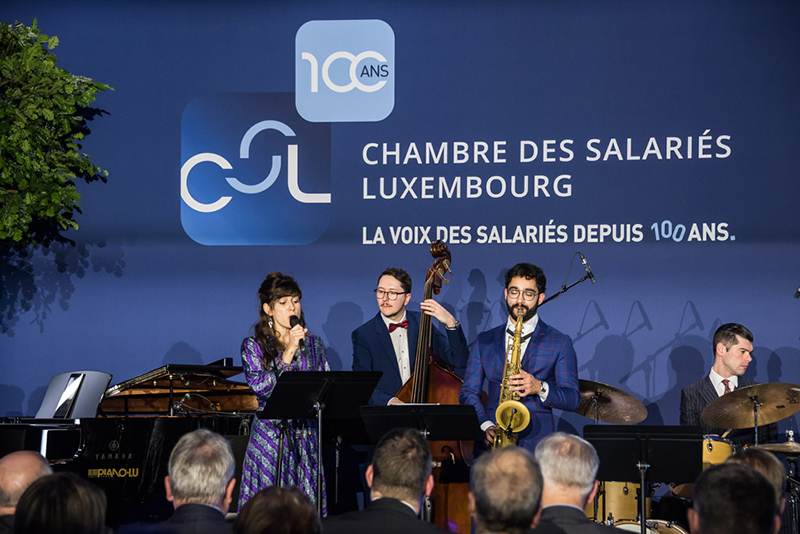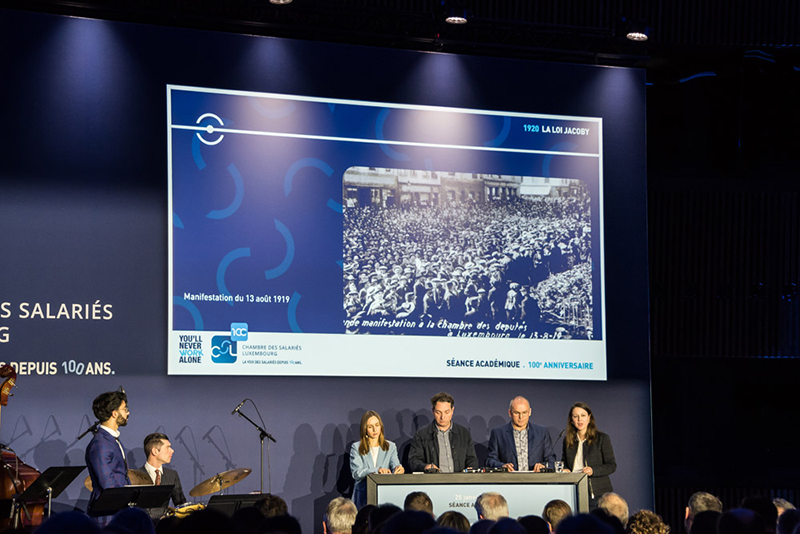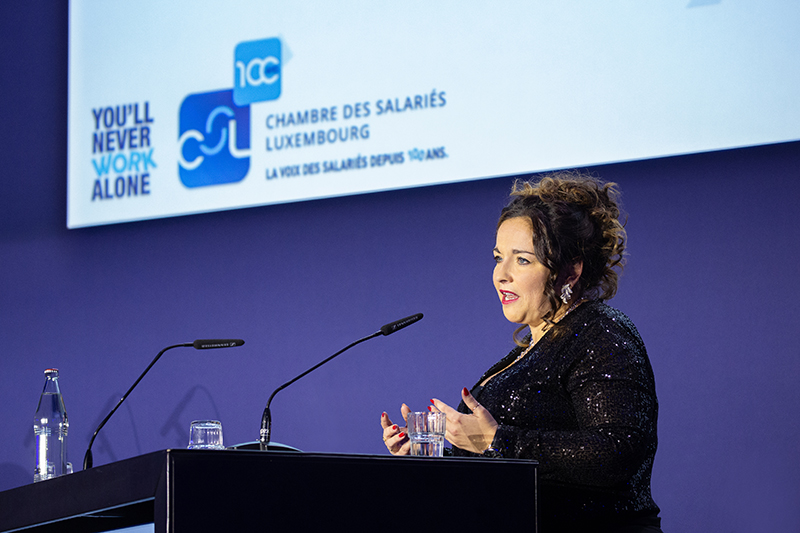1920 Jacoby Law
For the first time, a chamber of labour is mentioned that was created to represent the workers. This law was not implemented.
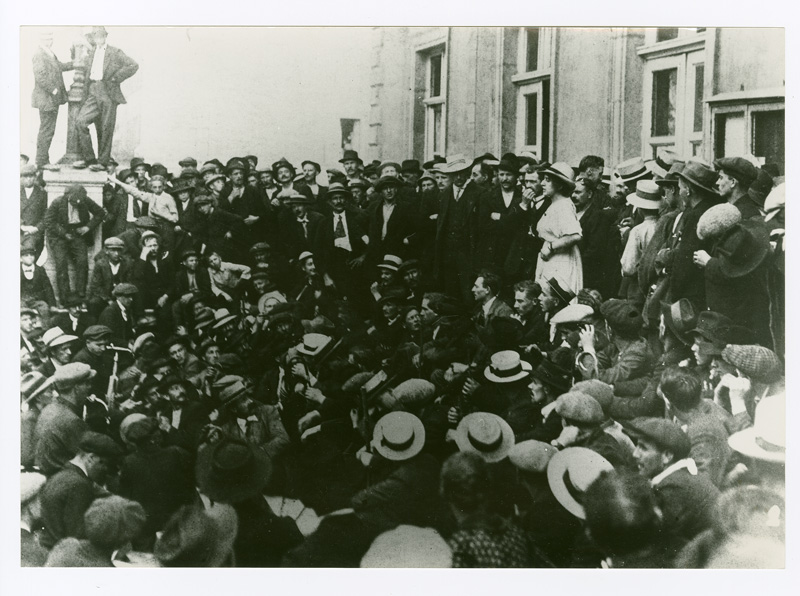
For the first time, a chamber of labour is mentioned that was created to represent the workers. This law was not implemented.

The repression of the “great strike” of 1921 was a further incident that created mistrust between trade unionists and the public authorities.
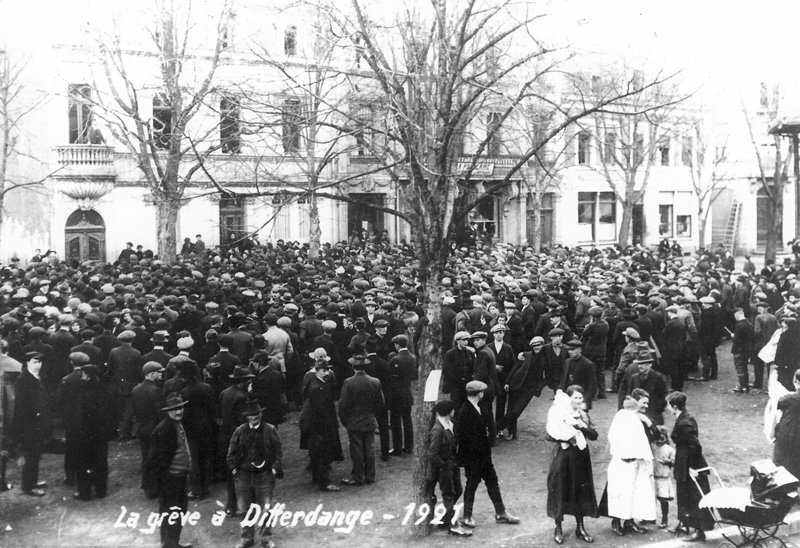
Creation of five professional chambers, including the Chamber of Labour, representing manual workers, and the Private Employees’ chamber, representing private employees.
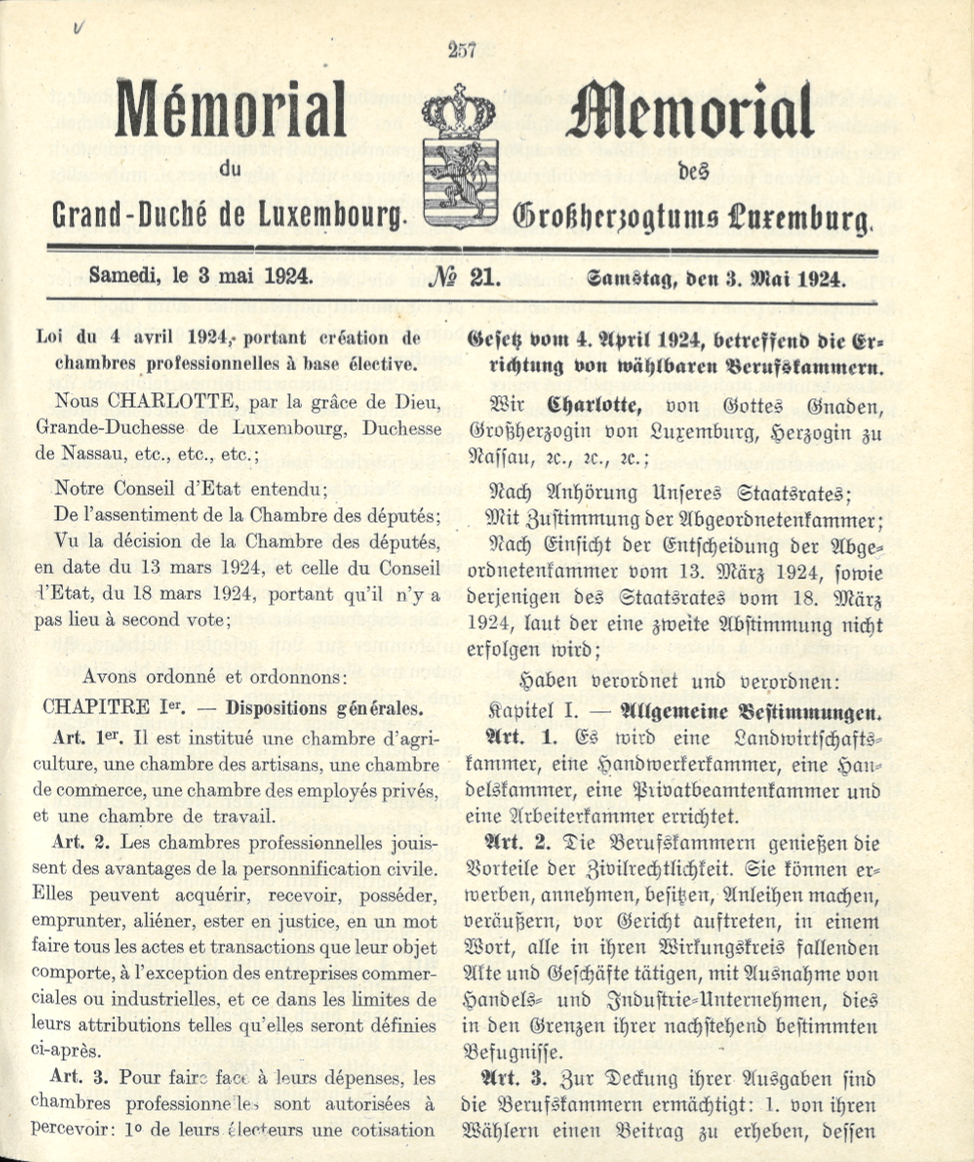
A law guarantees trade union freedoms and article 310 of the Penal Code, which denied workers the right to form coalitions, is repealed.
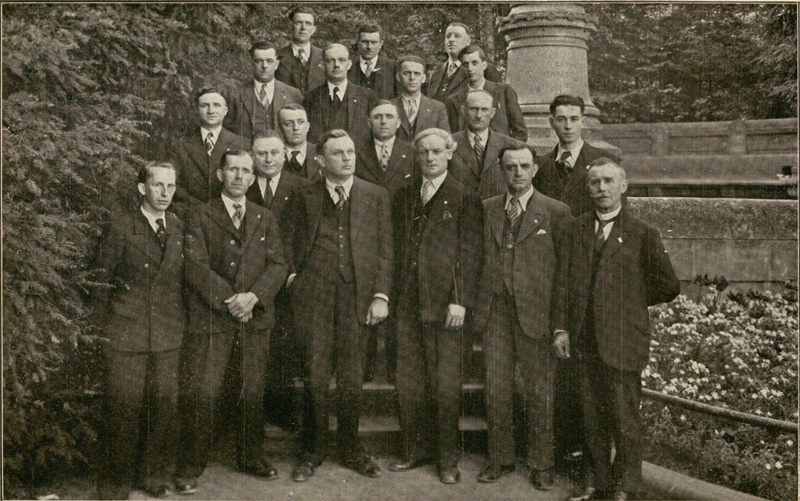
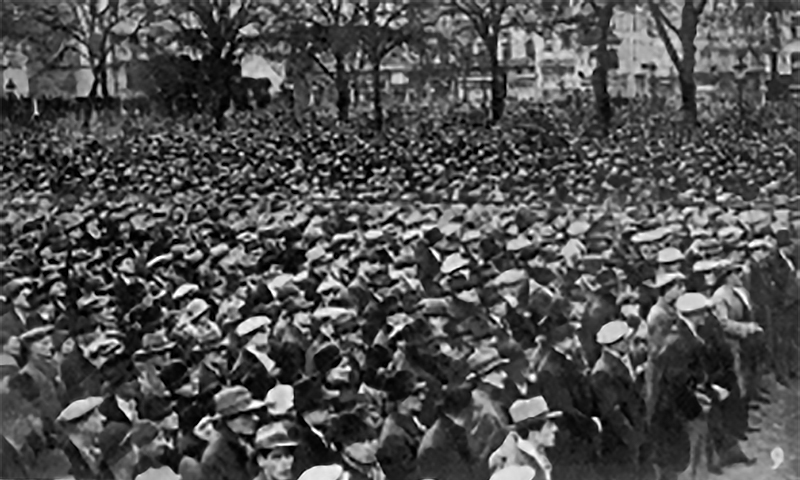
The global economic crisis ravages the steel sector, the country’s main industrial asset. The tertiary sector (finance, services) gradually gains ground.
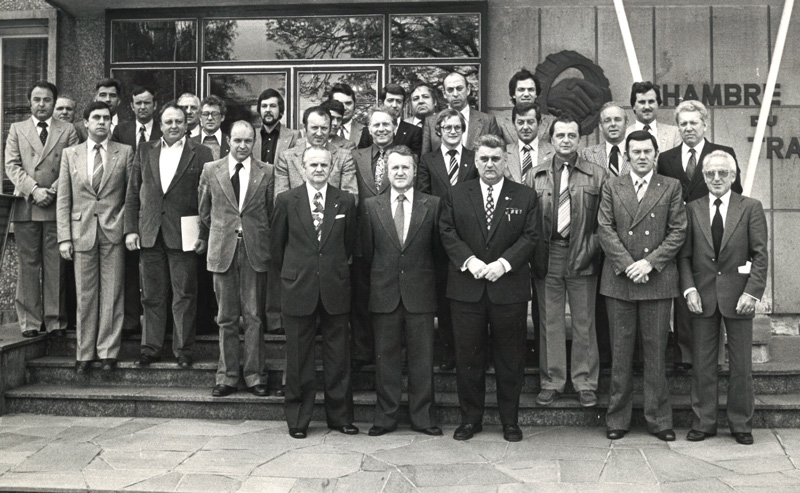
Creation of a single status for all employees and merging of the Chamber of Private Employees and the Chamber of Labour into the Chamber of Employees (CSL)
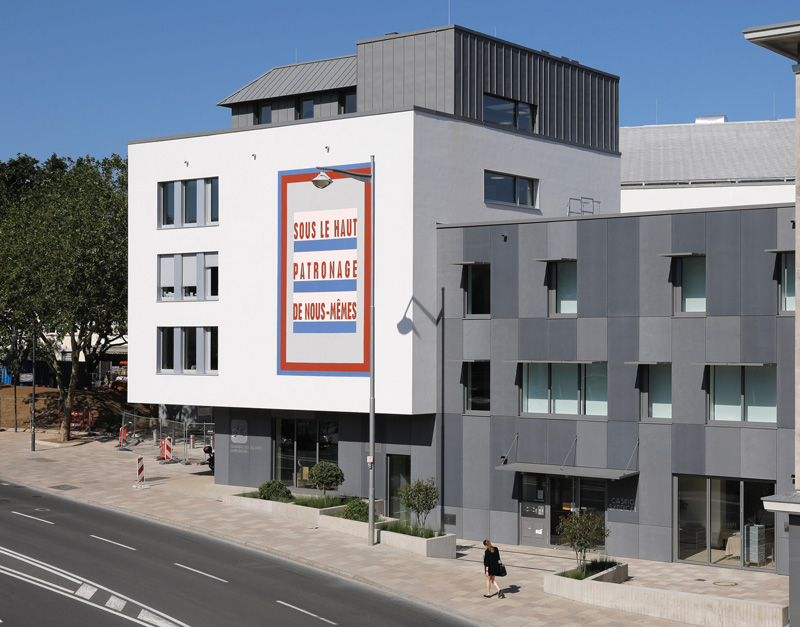
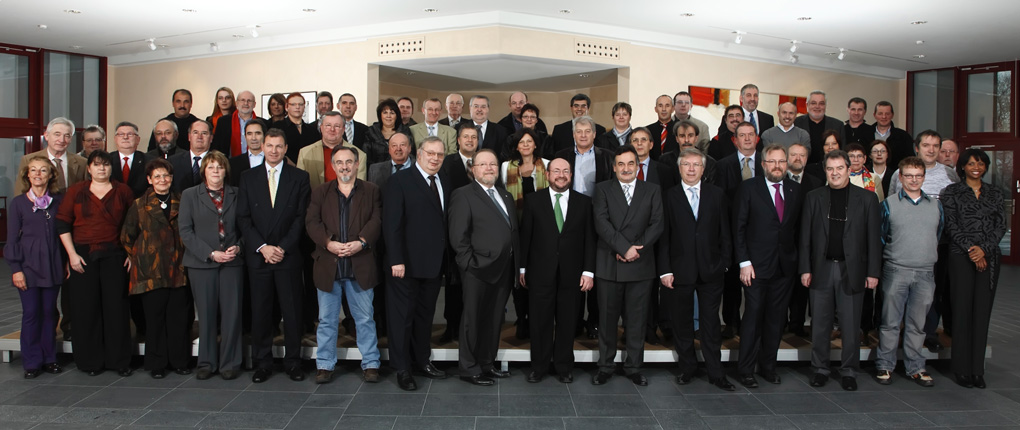
CSL continues to represent and safeguard the interests of its members, which count more than 600,000 people.
This commitment is marked by a new baseline: YOU’LL NEVER WORK ALONE.

*History of the Chamber of Employees – a participatory storyline : Anyone with sources that complement the information presented in the dictionary in Appendix 3 are invited to contact the person responsible for the digital version of this work. Contact : estelle.berthereau@uni.lu
Twelve leading figures have their say on the CSL (anecdotes, stories, future)
See also the written testimonies of Henri Bossi, former President of AK; Marc Glesener, former President of Aleba and former Vice-President of CSL; Nando Pasqualoni, former President of AK and former Vice-President of CSL and Norbert Tremuth, former Director of CEPL and CSL in Appendix 1 of the digital version of the book, soon to be available online.
Celebration of the CSL’s 100th anniversary on 25 January 2024
Discover the music of the evening
